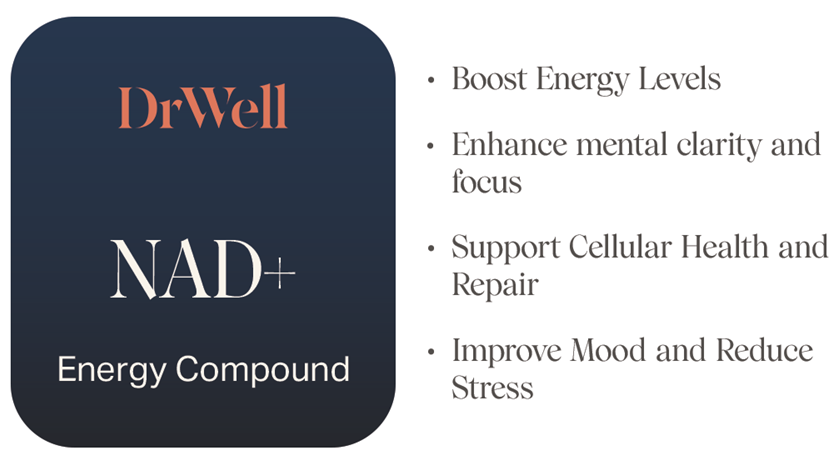
This article in the NY Times starts off, “It is all about the price.” When it comes to healthcare, price is the ultimate pain point. I’m not saying it’s the only pain point but eventually, the consumer wants to know their out-of-pocket cost. Whether they’re paying out of pocket because it’s a cosmetic procedure or because they haven’t met their deductible for a medically necessary service, they want to know how much they’re going to pay.
This particular article is referring to the insurance exchanges for Obamacare, or more politically correct, the Affordable Care Act (ACA). What the framers of the Act are finding is that healthy consumers, in which the Act relies on, aren’t buying insurance through the exchange because the plans are too expensive.
A little background. Most Americans who have health insurance have employer-sponsored insurance or insurance through Medicare and Medicaid. The idea of the ACA was to make sure everyone else got insurance. By encouraging those “others” to buy insurance, they were pushed towards the exchanges because that’s where you could potentially get affordable insurance. But for the exchanges to work, you need a bunch of healthy people signing up to pay premiums (and not using any healthcare services) to cover the smaller group of sick individuals that will use more dollars for their illness than they put in.
Here’s the thing. Healthy people tend to believe no illness will ever befall them. So they don’t think they need insurance. Of course, we all need to at least obtain catastrophic insurance. But to convince those healthy individuals to get insurance, you need to make it affordable. Turns out, insurance premiums have only gotten more expensive since the ACA took effect. Why?
Why is the price of health insurance going up?
Apparently there are some loopholes governing the timing when you can sign up for health insurance through the exchanges. People only sign up for insurance after they get sick because you can’t deny someone with a pre-existing condition. But once they get better, they cancel their insurance and stop paying premiums. The point is that the insurance company is paying out more in insurance benefits to cover illness than they’re collecting in premiums. I understand you may not feel bad for the insurance company but insurance companies only stay open if they bring in more than they pay out.
So to cover these additional healthcare costs, the insurance company has to raise their premiums. Next thing you know, your insurance is costing 17-23% this year than it did last year. And if you’re healthy, you weren’t using it anyway. So why pay more for something you’re not using? This becomes a death spiral: health insurance companies spend too much on illness, raise their prices, healthy people stop buying health insurance, the pool of covered individuals consists of more sick people, insurance companies raise their premiums again and more healthy people opt out of getting insurance.
My advice for healthy individuals? Recognize that no matter what, you have to shoulder more of your healthcare costs than ever before. But there are ways to mitigate those costs and here are your options. One, pay less in premiums for a high-deductible health plan and more out of pocket in the event you get sick. With a high-deductible health plan, you may have to pay $6000 out of pocket if you get sick but your insurance, by law, will start paying after you hit that deductible. And this is assuming the worst – that you’ll get sick. Or two, keep paying for expensive health insurance that you may never use.
Whatever plan you get, make sure your hospital is in network…an in-network doctor is less important!
People often argue that a high-deductible health plan (lower monthly premiums, more out-of-pocket costs if you get sick) have narrow networks. Meaning that you can’t go to the hospital or doctor of your choice. You definitely want your hospital to be in network so your insurance covers more of that cost. Paying out of pocket for the hospital is crazy because the costs can be tens of thousands of dollars. But the doctor is more affordable, even if they’re out of network. Keep in mind that you can pay your doctor out-of-pocket and it will be less than if you spent all of your money on an insurance plan where that same doctor was in-network. You just have to agree on the fee with that doctor before receiving their services.
To summarize, this is my thought process. You can spend a lot on health insurance premiums that include a big network. You don’t get sick and you’re out about $12,000 on annual premiums. If you do get sick, you’ve paid for those insurance premiums plus your deductible, which may be $1500. A total of $13,500. Or, get insurance that will cost $4000 per year in premiums and if you get sick, you pay $6000 out of pocket. A total of $10,000. And if the doctor you like is out of network, you’ve got $3,500 “letfover” to pay their costs!
I recognize these are major expenses. But until this is no longer the business model of healthcare, this is the least expensive route for healthy individuals.
To check pricing on out-of-pocket costs on healthcare services near you, click here.



